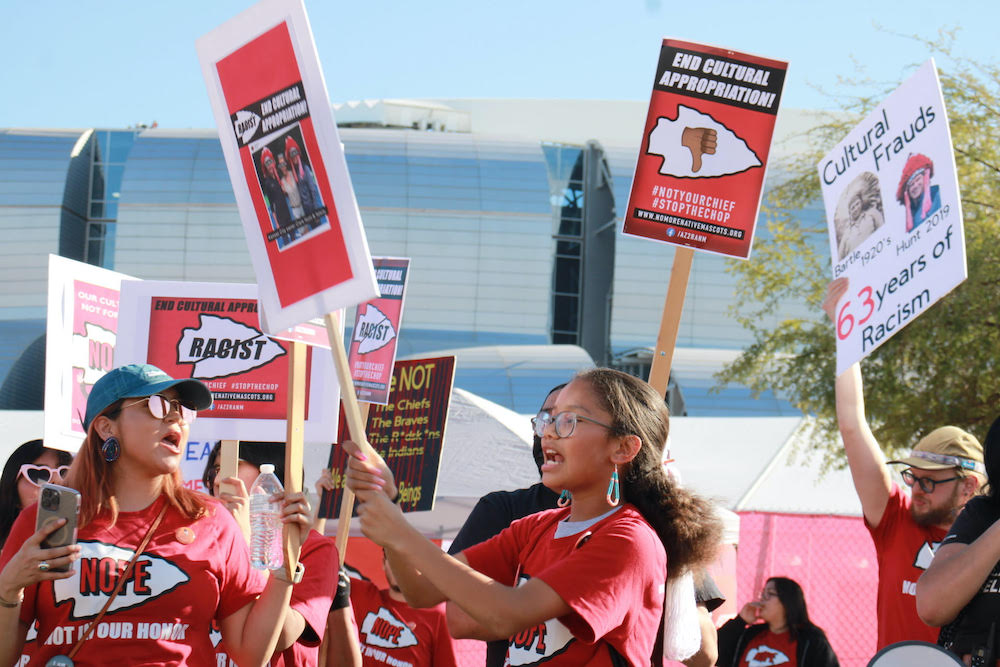As Super Bowl LIX approaches, set to take place in New Orleans on February 9, 2025, a wave of discontent has surfaced, leading to calls for a boycott of the event. This movement, fueled by various grievances, has sparked debates across social media platforms and among fans, potentially threatening one of America's most-watched television events.
The Reasons Behind the Boycott
Several factors are driving the boycott calls:
Political Statements and Performers: Some are protesting what they perceive as the NFL's increasing politicization, particularly with halftime show performers like Kendrick Lamar, who have a history of making political statements through their music. Critics argue that this detracts from the game's focus on sports.
NFL Policies and Player Protests: The NFL's handling of player protests, particularly kneeling during the national anthem, has left a lasting impact. Although less prevalent now, the memory of these actions continues to fuel boycott calls from those who felt the league did not adequately address the controversy.
Refereeing and Game Integrity: Recent posts on X (formerly Twitter) have highlighted dissatisfaction with NFL officiating, with some users like @PhilipMathieu4 and @beeVRelle openly declaring boycotts due to perceived biases in playoff games. "The NFL has gotten too greedy," one user stated, echoing a sentiment of disillusionment with the league's integrity.
Economic and Cultural Impact: There's also a cultural backlash against what some see as the NFL's embrace of "woke" culture, including events like the NFL's annual "Night of Pride" during Super Bowl week, which has been criticized by those who oppose the league's inclusion efforts.
The Call to Action
The movement to boycott the Super Bowl is diverse, coming from various corners of the political and cultural spectrum:
Conservative Voices: Some conservative media and personalities have echoed the call for a boycott, citing the NFL's alignment with social justice movements as a reason to turn off the game. This includes figures who have historically criticized the NFL for what they perceive as liberal agendas.
Fan Discontent: Fans, particularly of teams that feel wronged by officiating decisions or those who were passionate supporters of teams like the Buffalo Bills, who've been repeatedly knocked out by the Kansas City Chiefs, are vocal about not watching.
Economic Protests: There's also a push to hit the NFL where it hurts - the wallet. By not watching, buying merchandise, or attending watch parties, boycotters aim to send a message about their dissatisfaction.

Impact and Response
While the NFL has not directly addressed these boycott calls, the league has historically navigated such controversies by focusing on the game and the entertainment value it provides. However, the potential impact on viewership and thus on advertising revenue could be significant if the boycott gains widespread support:
Viewership Numbers: Despite past calls for boycotts, the Super Bowl has traditionally maintained high viewership, but even a small dip could be noteworthy given the event's massive audience.
Ad Revenue: Advertisers invest heavily in Super Bowl commercials, expecting to reach nearly 100 million viewers. A boycott could affect this calculus, though many advertisers might still see value in reaching the audience that does tune in.
NFL's Counter Strategy: The league might increase efforts to highlight the game itself, the athletes' stories, and perhaps pivot the halftime show's focus to avoid controversy, though this remains to be seen.
Conclusion
While boycotts of major events like the Super Bowl often gather momentum online, their real-world impact can be hard to gauge until the event occurs. Whether this year's calls for a boycott will significantly affect viewership or if they'll fizzle out as the excitement of the game day approaches remains to be seen. However, it's clear that for some, the Super Bowl has become more than just a game; it's a cultural battleground where personal and political values are at stake.
